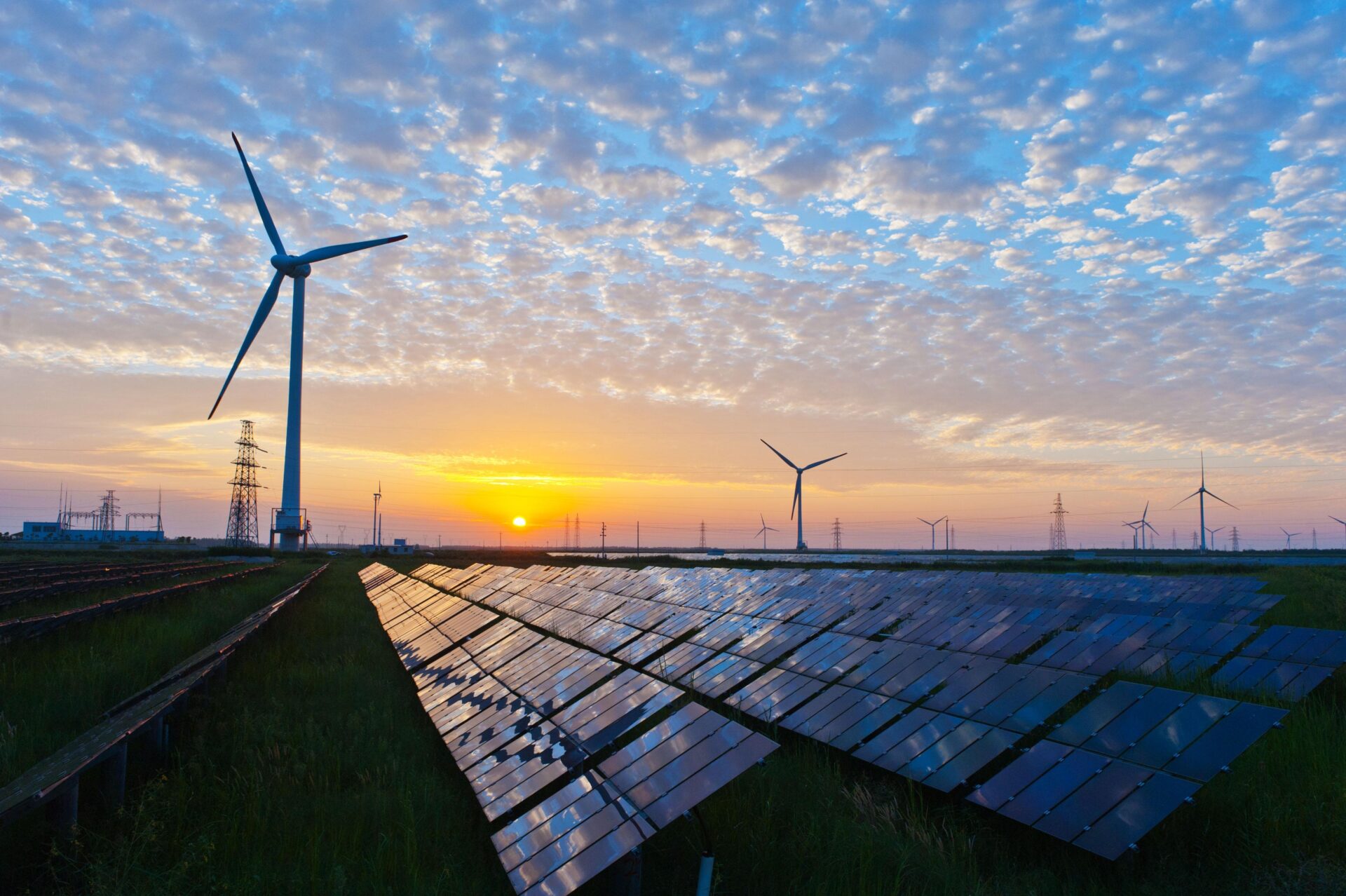The world is currently heading toward double the global warming agreed upon in Paris in 2015. Back then, it was agreed to limit global warming to 1.5 degrees. From a new edition of the Emission Gap Report shows that the world is heading for 3 degrees of warming. Previous climate conferences have repeatedly stressed the seriousness of the situation, but effective agreements to halt warming have failed to materialize. It seems as if the gap between words and deeds is widening. Yet the question of what to do to curb warming is once again at the center of the 28ste UN climate summit.
It will be tough talks and negotiations, expects Wopke Hoekstra - European Climate Commissioner. He will try on behalf of the European Commission to raise global ambitions to get closer to the maximum 1.5 degree warming. During the European Parliament plenary debate on COP28, Hoekstra said it will be difficult to get the noses in the same direction and build bridges between countries. Island states, small oil states, emerging industries, developing countries and the developed West, they all have different interests and views on the future of climate. International tension between the United States and China and the wars in Gaza and Ukraine are also making conversations more difficult at this political level.
Despite an awkward starting position, government countries, NGOs and advocacy groups will stress the need for climate action. Besides expressing the need for action, the climate summit is also a place to share experiences and discuss solutions.
The Agenda
As the new European climate commissioner, leading the European delegation at COP28 will be an important responsibility for Wopke Hoekstra.Looking at Europe's commitment, on the one hand, the call for tripling renewable energy will be supported by many countries. For example, the US and China confirmed in a joint statement that they are committed to addressing the climate crisis and will work to triple global renewable energy capacity by 2030.
On the other hand, the European mandate to end fossil subsidies will create more controversy.For example, the European Parliament is calling for an end to all direct and indirect fossil fuel subsidies at the national, EU and global levels, "as soon as possible and no later than 2025". Also in a press conference on Nov. 20, Hoekstra reiterated the importance of this phase-out, with the exception of subsidies around energy poverty or a just energy transition. This is in line with the demand from the House of Representatives where on October 10 of this year a motion by Paternotte (D66) and Bontenbal (CDA) was passed to make fossil abolition a diplomatic spearhead ahead of COP28. In addition, in a letter on the Environment Council Oct. 16, the Minister of Climate and Energy stated that joint elimination of fossil benefits is necessary to maintain an international playing field.
However, it will not be an easy job for Hoekstra to indeed phase out the subsidies. Although during COP26 it was already agreed to phase out "inefficient" fossil fuel subsidies, fossil fuel subsidies have actually increased by $2 trillion in the past two years increased. The IMF put subsidies for oil, coal and natural gas at $7 trillion by 2022; the equivalent of 7.1 percent of global GDP. Hoekstra states additionally that it will also be a difficult negotiation in advance because of the geopolitical situation, which also means that U.S. President Biden will not join. There are also concerns in several countries about economic stability because of rising energy prices. In addition, Sultan Ahmed al-Jaber, is being criticized by several NGOs such as Greenpeace, because of his role as CEO of the national oil company while serving as COP president.
In addition, what makes this year's COP extra precarious is that this will be the first time the "Global Stocktake" will be completed. This is a comprehensive assessment of the progress of the 2015 Paris Agreement that takes place every 5 years and is intended to provide a basis for future policy. The initial findings are highly critical, however. For example, implementation of the Paris Agreement is falling short in all areas and the global community is not on track to meet its targets.
It's all about the money
As in previous years, this year is also about money. Last year, on the initiative of a group of developing countries, the damage fund was established. This was not accompanied by concrete agreements on who takes responsibility for the costs and who may use it. This year, the countries did manage to achieve that success on day one achieved. Yet agreements on money alone will not suffice. The call for action is louder and more concrete commitments are needed, more than ever.


